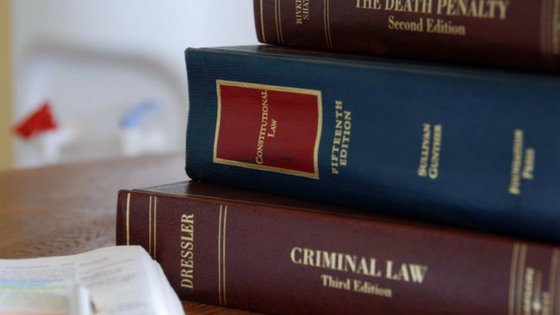The West Virginia Supreme Court of Appeals reversed a lower court decision yesterday, ruling that a collection agency did not violate the West Virginia Consumer Credit and Protection Act by calling an individual 250 times during an eight-month period back in 2012.
The collection agency, Valentine & Kebartas, Inc., was attempted to collect $1,349.53 in an unpaid home security bill from ADT, which had assigned the account to the agency. The plaintiff in this case, Gary Lenahan, denied owing the debt to ADT, but never disputed the debt with the agency. The agency acknowledged that it used an autodialer, which was programmed not to leave voicemail messages, in attempting to contact the individual.
The phone number was Lenahan’s cell phone number, which he had provided to ADT. Lenahan admitted he was ducking as many as 30 calls a day from debt collectors and never attempted to answer any of the 250 calls placed by Valentine & Kebartas. Lenahan sued Valentine & Kebartas and a state Circuit Court awarded him $75,000 in damages.
Valentine & Kebartas originally placed 22 calls during a 15-day span, then called 17 times during the next three days. At that point, the state Circuit Court argued, the law had been broken. Those calls, and the remaining 211 that were made, were deemed excessive.
There is nothing in the state statute that limits the number of times an individual can be contacted when a collector is attempting to collect a debt. What the law does say is:
Causing the telephone to ring or engaging any person in telephone conversation repeatedly or continuously, or at unusual times or at times known to be inconvenient, with the intent to annoy, abuse, oppress or threaten any person at the called number.
The Circuit Court erred in surmising that the debt collector should have realized the individual did not want to be contacted when the individual did not answer the first calls, the Supreme Court ruled.
We further note that Mr. Lenahan’s silence alone was insufficient to have imputed knowledge to V&K that it should discontinue the auto dialer calls. Like the ill- advised analysis of whether V&K had a “legitimate purpose” for placing auto dialer calls, it is likewise erroneous as a matter of law to impose a duty on a debt collector to discontinue debt collection efforts based solely on the fact that the consumer does not want to be contacted after a certain period of time that is subjectively known only to the consumer.
In a dissenting opinion, Justice Margaret Workman said the ruling “eviscerates” the state’s consumer protection law.
To be clear, the majority’s reversal of this matter is not only without analytical or precedential support, but effectively guts the import of the statute. Under the majority’s analysis, a debt collector could conceivably cause a debtor’s telephone to ring every five minutes into perpetuity and not run afoul of the statute. In that event, under the majority’s analysis, the sheer volume and frequency of the calls are insufficient, without more, to establish intent to harass. What type of “other evidence” is needed or how a debtor could obtain such “other evidence” of intent to harass, the majority does not explain. Rather, it places an impossible burden upon a debtor to adduce “other evidence”—aside from the plainly harassing volume and frequency of calls themselves—of an intent to harass.









